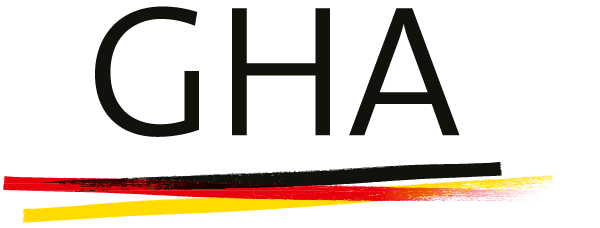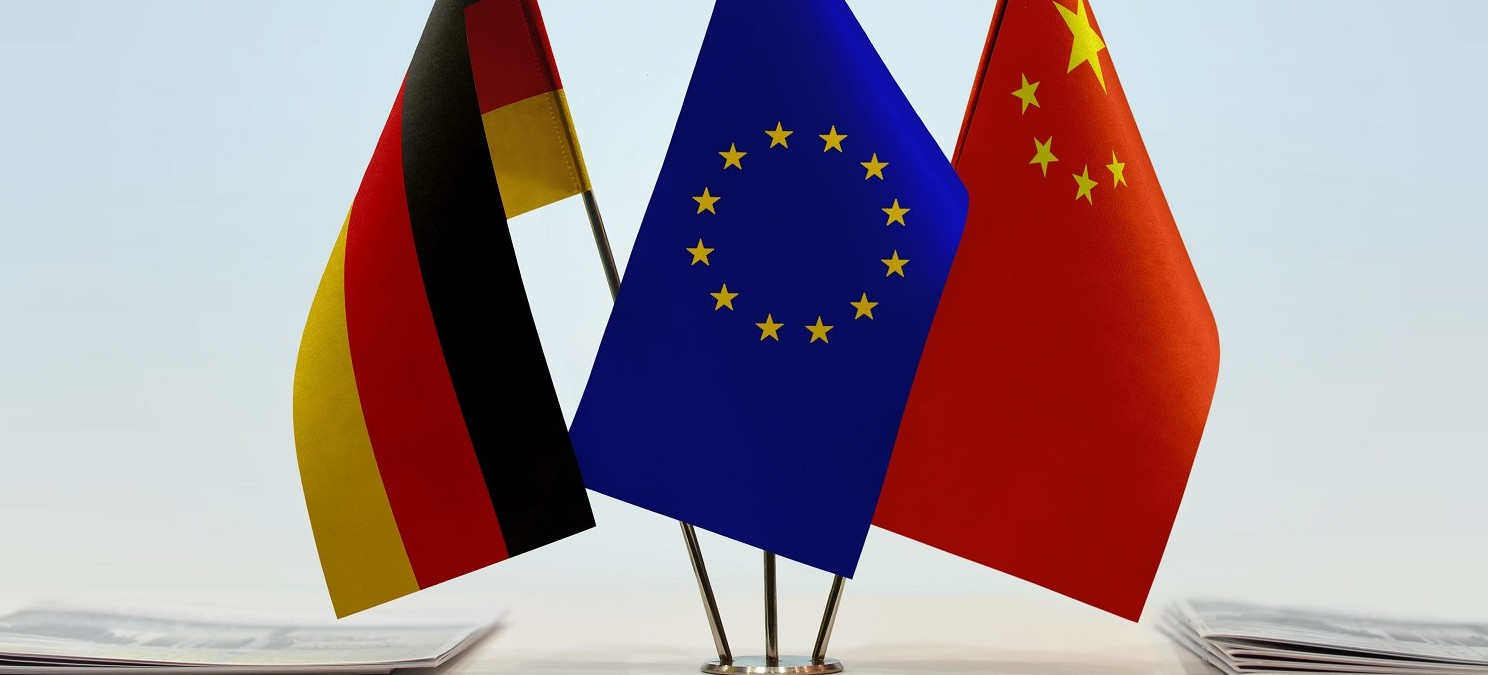Cooperation with China is a central issue for GHA and BDI. “We want to strengthen bilateral cooperation with China”, said Roland Göhde, GHA CEO in his introduction to the GHA China event on 12th November 2020, “We can use the GHA to pool expertise, know-how, innovations and technologies in relation to an integrated health care system”. In her contribution, Iris Plöger, member of the Executive Board of BDI, emphasized the role of the industrial health care sector as a key industry in Germany.
In the GHA webinar “Health as a field of cooperation in German-Chinese and EU-Chinese relations”, the challenges with China were discussed with almost 80 participants under the moderation of Friedolin Strack, Head of the International Markets Department, BDI. The position paper “Sino-EU and Sino-German Cooperation in Health – How to unleash the health care sector’s full potential for health and wealth”, published in the middle of the year, served as a source of inspiration. In this paper, BDI and GHA formulated five core demands and 60 recommendations. They are aimed at strengthening the EU’s competitiveness in the health care sector, increasing gross value added, securing and creating jobs and strengthening investment in high technology and digitization in the health sector.
Verena Kantel, GHA China spokesperson and initiator of the joint position paper, presented the position paper in detail. “The aim is to show how cooperation can be improved. The BDI/GHA position paper is both critical and constructive. It calls for cooperation despite structural differences, identifies common interests, evaluates framework conditions, points out shortcomings and relies on dialogue.
In the following panel discussion on the topic, cooperation with China, competition between German and Chinese companies in the Chinese healthcare market and innovation were discussed with representatives from politics, medical technology and the pharmaceutical industry in the three healthcare topic blocks. For Ministerial Director Harald Kuhne, Head of the Department of Law and Security at the Federal Ministry of Economics and Energy, “China represents the challenge of the Western world in the 21st century”. Trade with China is essential, he said, as the country is Germany’s largest trading partner. Kuhne underlined that the Federal Government is committed to a “level playing field” in competition with China. Discrimination against German or European companies in the Chinese market must be ruled out, he said. At the same time he pleaded “for a self-confident Europe towards China”.
The representatives of Siemens Healthineers and Merck Biopharma China, who have been active in the Chinese market for 120 and 90 years respectively, gave a fundamentally positive feedback on the cooperation in China. Even during the corona pandemic, the international supply chains would have worked well – despite the extremely difficult logistics. However, for Siemens Healthineers, resilient supply chains would also mean being on site with service engineers to set up equipment or conduct user training, explained Ludmilla Schlageter, Head of Government Affairs, Europe Middle East Africa, Siemens Healthineers. Despite 90 years of presence in China, Merck, which generates one-sixth of its sales in China, would not be considered a local company by the Chinese government. It takes patience to move forward in the Chinese market, Dr. Johannes Nippgen, Head of R&D, Merck Biopharma China, described the collaboration.

